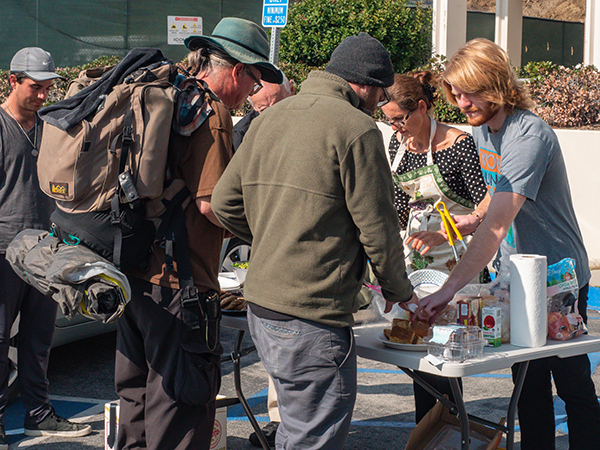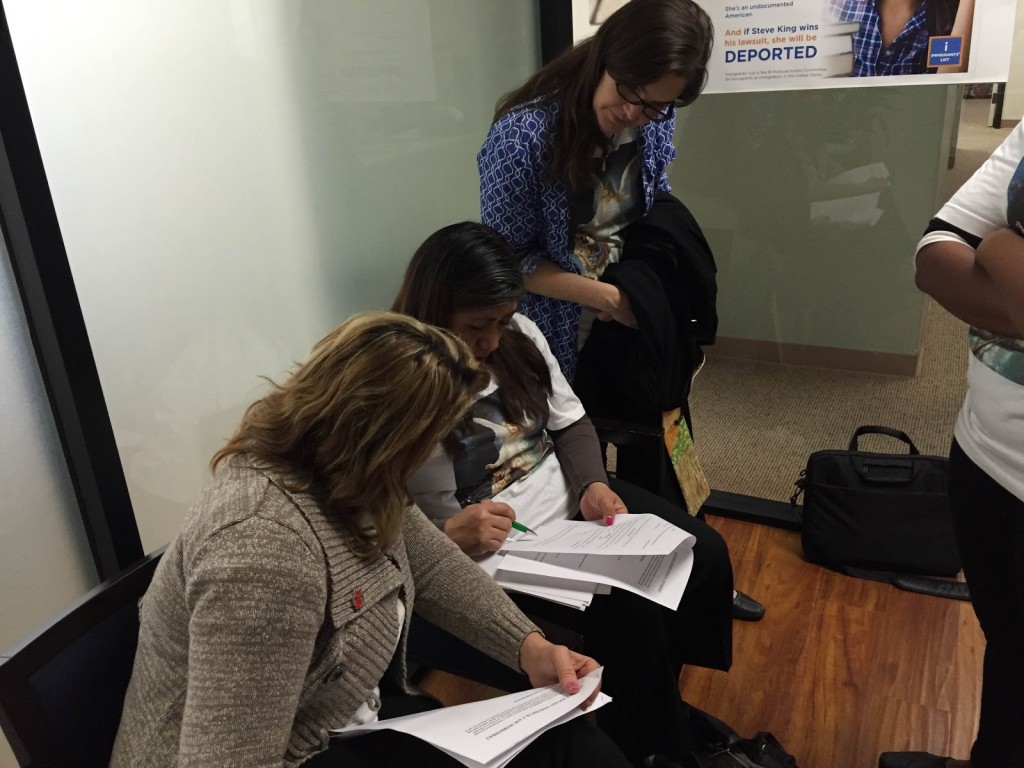
Junior economics major Drew Kunde came to Pepperdine with dreams of living in Florence, Italy his sophomore year.
It was Pepperdine’s prestigious International Programs that attracted him to the university. Once here, Kunde applied, got in and was all set to leave for Florence — when a chronic lung issue flared up, requiring regular medical attention to address the ongoing issues, care he couldn’t guarantee in Italy.
Kunde found himself suddenly grounded in Malibu — one week before he had been set to take flight.
Throughout his sophomore year, Kunde said people kept questioning why he stayed behind. Many assumed he was kicked out of the program for probation.
“It was hard seeing my friends go off to their abroad programs and I had to stay back,” Kunde said. “It was even harder being questioned if I didn’t go because I got in trouble.”
With 60 percent of sophomores abroad, it is difficult to be one of the remaining students who stay in Malibu. Pepperdine’s prestigious International Program has students left behind feeling stigmatized.
The pressures felt to go to one of the seven international programs begins during campus tours and New Student Orientation, when the school asks new students where they want to study their second year. When students choose to stay in Malibu, peers question them about their decision, with some assuming they are on probation. Students feel further stigmatized by missing out on the cultural opportunities abroad. Pepperdine caters to sophomores in Malibu to make them feel more involved and give them similar learning experiences as their peers abroad.
The stigmas students face
Students who don’t go abroad face constant judgement from their peers, particularly if they aren’t an athlete, fine arts or science major who generally cannot go abroad for the year. Taking classes and being one of the few sophomores in the class has students stand out amongst those in other grades.
“Whenever I would talk to acquaintances last year one of their first questions would be why didn’t you go abroad?” Kunde said.
Students also get questioned about whether they didn’t go because of probation.
Pepperdine administrators takes away abroad privileges if a student is on probation. Administrators put students on probation when students get caught with drugs or alcohol or their GPA drop below a 2.0.
“If you say you aren’t going abroad, a lot of people assume you can’t for alcohol reasons,” Shea Corwin, a sophomore public relations major, said.
Part of the overall Pepperdine experience for many students is their time spent abroad.
“It is more the people that go abroad who have a stigma toward the people who stay,” Ryanne Gordon, the Washington D.C. student ambassador, said.
The people that go abroad come back and talk about their amazing experiences, and feel as if their peers who stayed in Malibu missed out on these once-in-a-lifetime opportunities, Gordon said.
“Pepperdine makes it seem like this is a necessary experience for every single person and they push it on you from the first day you start NSO as a freshman,” Audrey Keim, a sophomore sports medicine major, said.
That pressure adds to why sophomores feel stigmatized.
“Even my RAs freshman year were pushing me to go abroad,” sophomore journalism major Channa Steinmetz said. “I felt like I didn’t know who to go to about my decision to stay in Malibu my sophomore year.”

The pressure to study abroad
The Institute of International Education continually ranks Pepperdine as the No. 1 school in the nation for the percentage of students who study abroad.
The school pushes its message of studying abroad on its students early on. Pepperdine tells first-years, in their first days in Malibu, that two-thirds of students’ study abroad.
Students often hear this statistic and think two-thirds of sophomores will be abroad, but it includes students who go on summer programs. The percentage of students who go abroad their sophomore year is generally lower, averaging 54 percent over the last five years, according to International Programs data. Only in 2014-2015 did the percentage of sophomores overseas top 60 percent.
Pepperdine gives its students the opportunity to be culturally immersed in a country other than their own. Pepperdine encourages students to go the two semesters to get the full experience of the program, said Karl Kalinkewicz, the assistant director of recruitment and student development.
“Lots of schools have study abroad programs, but we do more of a long-term study abroad,” Kalinkewicz said.
The school legally and financially binds students to their decision from the beginning. With the priority International Programs application due Sept. 25, students have barely a month in their new home before they are deciding where to go their second year.
Since joining Pepperdine’s International Programs staff three years ago, Kalinkewicz’ focus has been on educating first-year students on the abroad experience before they sign the contract binding them to the program.
This has greatly reduced the number of students who drop out of programs, Kalinkewicz said.
“Whether you’re abroad or in Malibu, you’ll have a great experience either way,” Kalinkewicz said. “I think students do miss out in the sense that you will never have this opportunity to study in these places again.”
Pepperdine has many opportunities for its students to study abroad, whether it is during the academic year or over the summer.
“I love the international programs at Pepperdine and I’m trying to do as many as I can while I’m here,” said Anastasia Kostin, a sophomore business major currently studying in Shanghai, China. “I love it so much that I just applied and got into the Fiji program for this summer.”
Why students don’t go abroad
The study abroad program is not a reality for all sophomores.
Athletes, theater majors and many science majors are unable to go abroad for the academic year due to their demanding schedules and commitments.
“People are wanting to do more with their college experience, like maybe be a double major or have so much they want to do at Pepperdine that they don’t know if they could spend a whole year abroad,” Kalinkewicz said.
Keim chose to not go abroad because of her major.
It is difficult to be in a major with lots of lab science classes and still be able to graduate in four years if you go abroad, Keim said.
“I think everybody should be allowed to make their own choice on how to spend their short four college years without feeling pressured to go abroad,” Keim said.
While Pepperdine sees a large number of the sophomore class go abroad, recently, sophomores are applying for just a single semester, Kalinkewicz said. Some main reasons for this change are cost and safety.
“Not everyone can afford the costs of living in another country for a year,” sophomore psychology major Sydnie Gregor said.
Data from the Pepperdine International Programs Office showing the number of students going abroad for a single semester versus the year from 2014 to 2017.

Year 2 Malibu
Pepperdine student life administrators organize free educational field trips for its sophomores who choose to not go abroad.
“The Year 2 Malibu program was created so no matter where sophomores are they’ll have a great experience,” Andy Swartz, the assistant director of Residence Life, said. “We have created purposeful excursions and opportunities in Malibu, as well as provided housing environments to have the sophomores feel more connected on campus.”
In the fall semester, students have the opportunity to go to Catalina Island.
“The Catalina trip made me realize there was a larger community of sophomores than I originally expected,” Steinmetz said. “I did not go in thinking it was a cultural experience, but it was interesting to get to explore the botanical gardens and the historical side of the island. I would definitely recommend the trip for sophomores next year.”
Sophomore students have the opportunity to travel to San Francisco from Jan. 12-14.
Megan Buckley completed the reporting for this story under the supervision of Dr. Christina Littlefield and Dr. Theresa de los Santos in Jour 241 in fall 2017. Dr. Littlefield supervised the writing of the web story.



